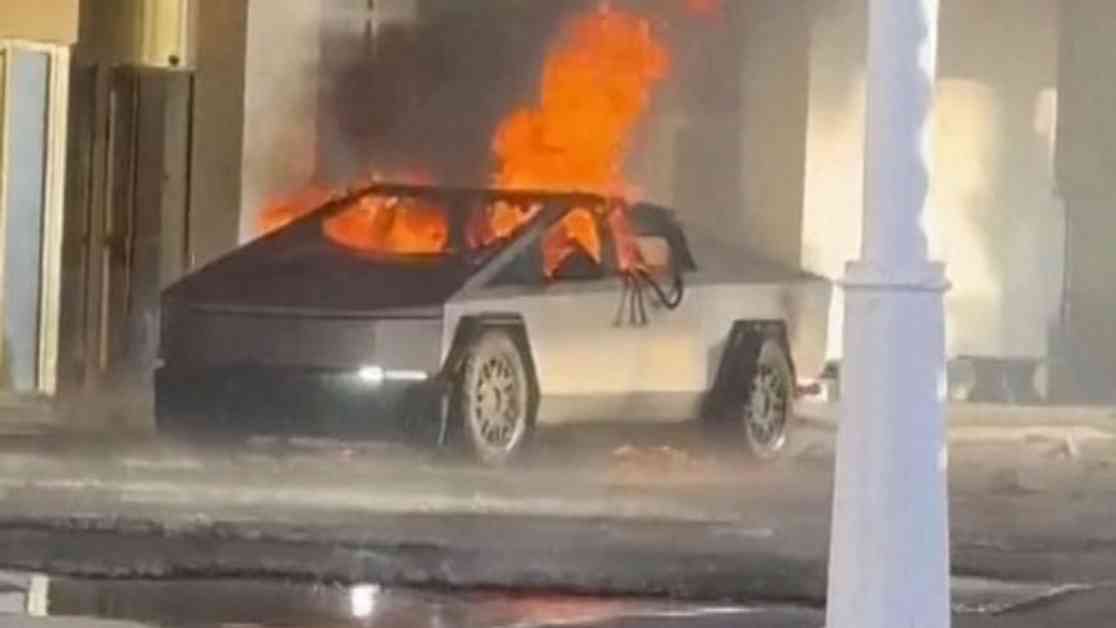Matthew Livelsberger, a 37-year-old US Army Green Beret, used generative AI, including ChatGPT, to meticulously plan a shocking attack that unfolded outside the Trump International Hotel in Las Vegas on New Year’s Day. The soldier tragically took his own life just moments before a Tesla Cybertruck exploded in a fiery spectacle that left bystanders in shock.
AI in Attack Planning
Las Vegas police revealed that Livelsberger extensively researched explosive targets, ammunition speed, and the legality of fireworks in Arizona through his ChatGPT searches. This calculated use of AI in plotting the attack was described by Kevin McMahill, the sheriff of the Las Vegas Metropolitan Police Department, as a “game changer” and a cause for concern.
Motives and Messages
Notes left behind by Livelsberger shed light on his motives for the attack. He viewed the explosion as a wake-up call to a nation he believed was in a state of terminal decline. Despite his grievances on political and societal issues, he expressed no animosity towards then-president-elect Donald Trump, advocating for unity behind him and Tesla’s Elon Musk.
Personal Struggles and PTSD
The FBI disclosed that Livelsberger, who had served in the army for over a decade and faced two deployments to Afghanistan, likely grappled with post-traumatic stress disorder (PTSD) and personal challenges. Authorities emphasized that the incident appeared to be a tragic suicide, with no indication of accomplices involved.
Impact and Support
While the explosion resulted in minor injuries to seven individuals, the Trump International Hotel emerged unscathed. This harrowing event underscores the importance of mental health awareness and support. If you or someone you know is in distress, do not hesitate to reach out for help through organizations like Samaritans.
The tale of Matthew Livelsberger serves as a poignant reminder of the complex struggles faced by individuals, even those who have served their country with honor. It prompts us to reflect on the critical need for mental health resources and support systems to prevent such tragedies from occurring. Let us strive to cultivate compassion and understanding in our communities, offering a lifeline to those in need during their darkest moments.










